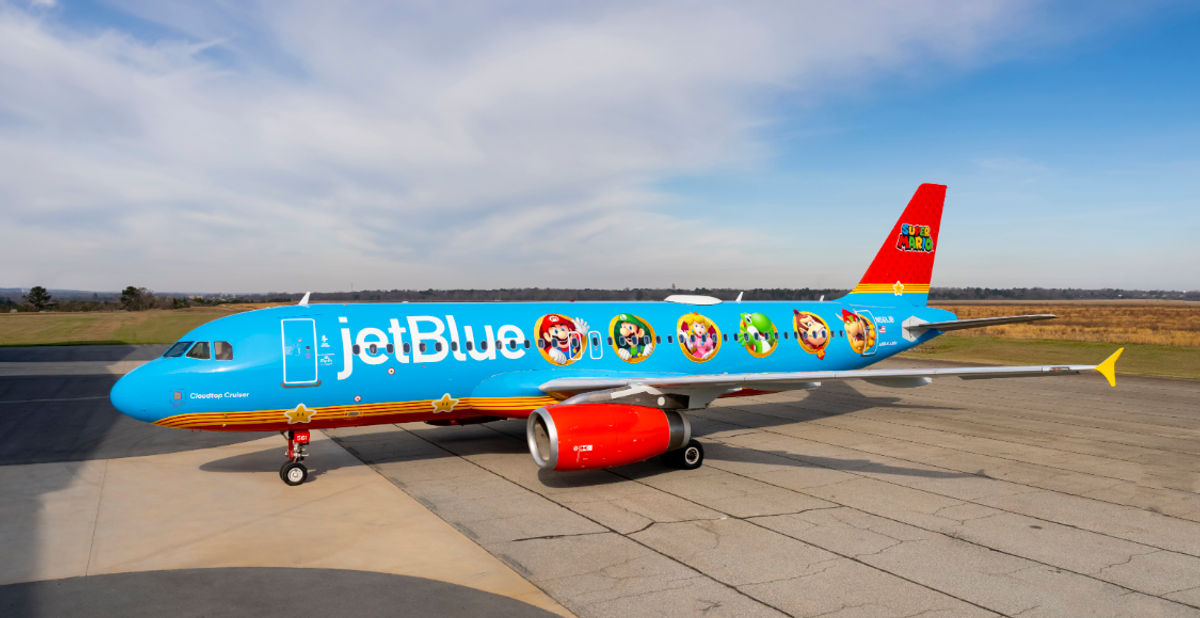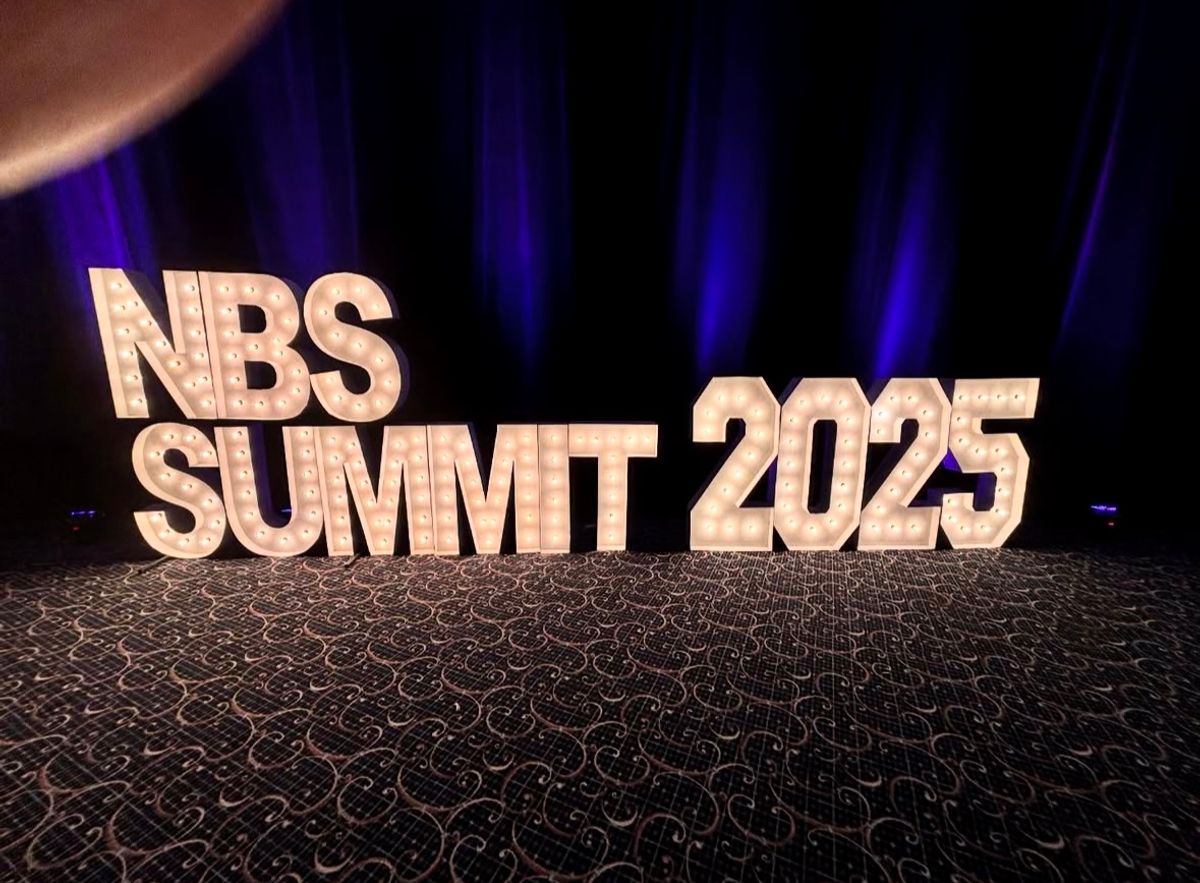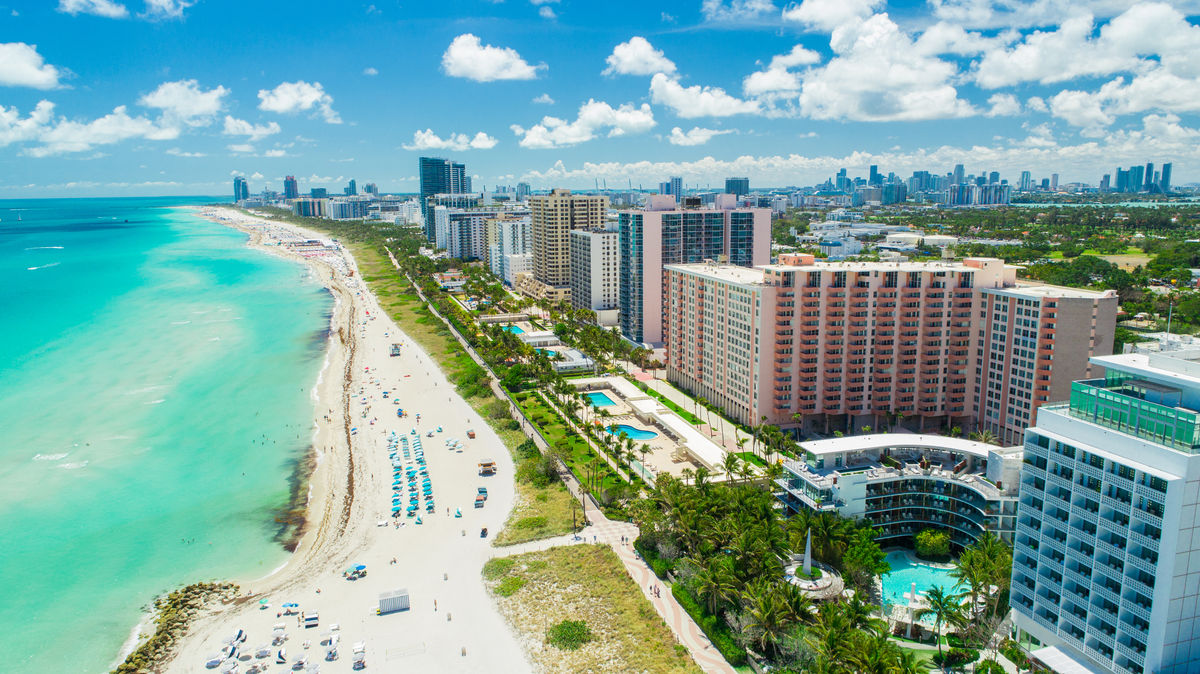The Spearfish City Council is considering a temporary closure of the city campground to address a failing water system that has led to significant water loss. Mayor John Senden also requested that the issue be added to a future city study session agenda, allowing council members to revisit the discussion in March.
Despite having fewer water hook-ups and no pool or laundry facilities, the city-owned campground used nearly three times the amount of water as the local KOA in 2024, prompting concerns about underlying infrastructure issues.
Parks and Recreation Director Tyler Ehnes said multiple leaks within the campground’s aging water system have gone undetected, as the water seeps into the ground rather than forming visible sinkholes.
If left unresolved, the leaks could lead to system-wide failure, potentially disrupting operations during peak tourism periods, including the Sturgis Motorcycle Rally.
“If we have a catastrophic failure in the middle of August during the bike rally, what does that look like?” Ehnes said, as reported by BH Pioneer. “Does that shut the whole system down? Does that create a sinkhole in the middle of the campground? We lose control over the whole project at that point.”
To address the issue, Interstate Engineering has developed a $1.18 million plan to upgrade and replace the water system. The proposal includes a contingency fund of $200,000 and would allow for the isolation of individual site hookups, making future repairs more manageable.
As of Dec. 31, 2023, the city’s enterprise fund for the campground held $1.6 million, which could be used to finance the project. However, implementing the plan would require closing the campground for part or all of the 2026 season, posing operational and financial challenges.
With summer reservations already booked and 2026 bookings set to open on June 1, the council faces a limited window to decide on the project timeline. Options include a full-season closure in 2026, a partial closure after major events like the Dakota Five-O and Sturgis Rally, or deferring the project altogether.
Councilwoman Jamie Hafner suggested a phased approach to repairs, but Ehnes noted that the current water system does not allow for incremental shutdowns. Additionally, he expressed concerns about the feasibility of keeping campers onsite during active construction.
Further complicating the project, the D.C. Booth Historic National Fish Hatchery and two private residences are connected to the campground’s water system.
If the city proceeds with the replacement, officials would need to ensure continuous water supply to those entities during construction.
Councilman Marty Clark highlighted the lack of documentation on existing utility layouts, noting that electrical, sewer, and water lines run behind campsites with uncertain configurations.
.png)
.png) 2 months ago
5
2 months ago
5








 English (US) ·
English (US) ·  Spanish (ES) ·
Spanish (ES) ·